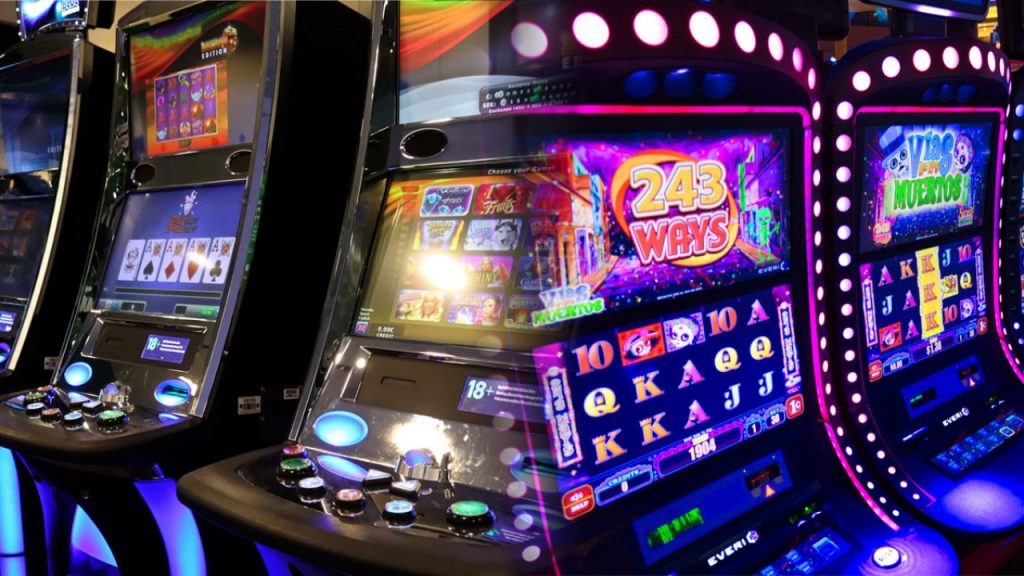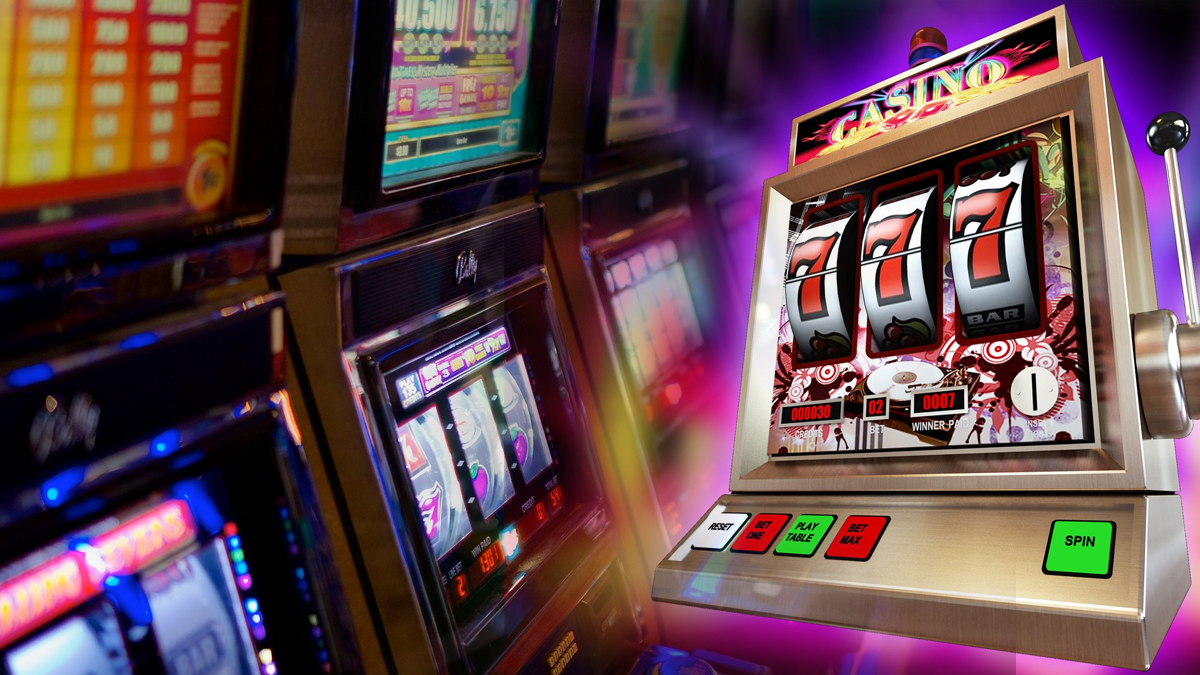Volatility in slots is often referred to in slot descriptions. Usually this is expressed as ‘high’ or ‘low’. Even if you know the word means the same as the degree of volatility, you’re not much wiser. Don’t worry, here we explain what is meant by volatility in slots and why it is important for you as a player.
What is meant by volatility in slots?

Slots have different payout patterns: one slot pays out every few turns, the other only after a significant number of turns. In one slot, you can win a few small prizes and only one big prize (e.g. a jackpot), while in another slot, a large number of relatively high-value prizes are paid out.
This distribution of winnings determines the volatility.
The volatility of a slot indicates how risky the slot is. High volatility equals a high risk which is compensated by a large possible profit, while low volatility means a lower risk but also a lower payout.
Volatility is also called variance of the lock because it indicates how much the payout varies. Slots with high or low variance do not have to be avoided immediately but it is important to know how the payout pattern will affect your game. It is best to choose a slot with a variance that suits your betting budget and game mode.
Slots with low volatility

In general, slots with low volatility can make regular profits, but not huge profits. Slots with low volatility are therefore suitable for players who enjoy playing for fun and want to keep their budget as long as possible.
In order to keep the game interesting, free spins or bonus rounds with smaller winnings are regularly activated. Even if these don’t make a fortune, it does make the slot more interesting.
In addition to conservative players, slots with a low variance are also ideal to meet wagering requirements. In that case, you are mainly interested in betting as much as possible with as little loss as possible. With low volatility, the chance of a large loss, as well as the chance of a large profit, is less than with higher volatility. In addition, you will regularly make a modest profit so that you can continue playing for a long time.
Slots with high volatility
What does volatility in slots mean? If you want to bet on big profits, you are better off in slots with high volatility. However, this requires patience and a nice budget: it can take a lot of turns before you make a profit. But if you win, it’s a nice amount of money.
Free spin rounds and bonus games are less frequent than slots with low volatility. This can be frustrating for the player, but when the extra features are finally achieved, the appreciation is all the greater.
So high volatility means chances of big wins, but also chances of big losses, because sometimes you have to play for a long time before your only profit is made. If you have a lot of money at your disposal then slots with a high volatility can be very interesting, but you should be concerned that you may be in the red for a long time before you make your move.
Calculations of volatility
Online casinos usually do not provide much information about the volatility of the slots they offer. However, you can find clues about it in more detailed descriptions, such as on in-formative websites where slots are compared.
A good way to get an impression of the volatility yourself is to try out a free version of a slot. If you need quite a few twists to get a winning line and the payout is not high, then the slot probably has a high volatility.
However, the easiest way to determine the volatility is to look at the maximum gain. The higher the maximum profit, the higher the volatility. The maximum profit is usually expressed in a number of currencies. A more accurate way to calculate the volatility is to divide the maximum number of coins by the total number of coins per game round. If this maximum profit expressed in the number of bets is 1000 or less then the slot has a low volatility, if it is around a few thousand then it has a high volatility.

